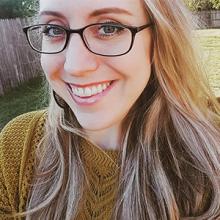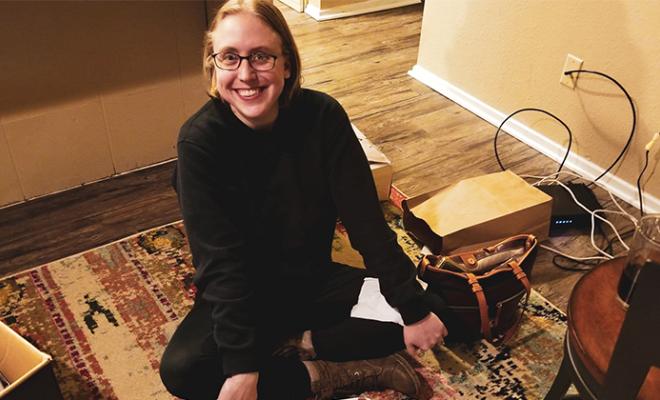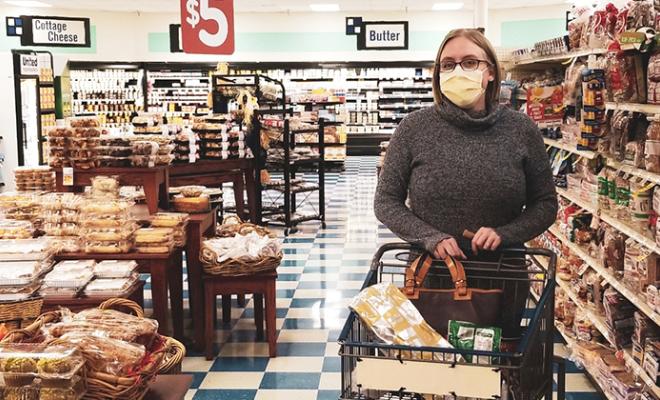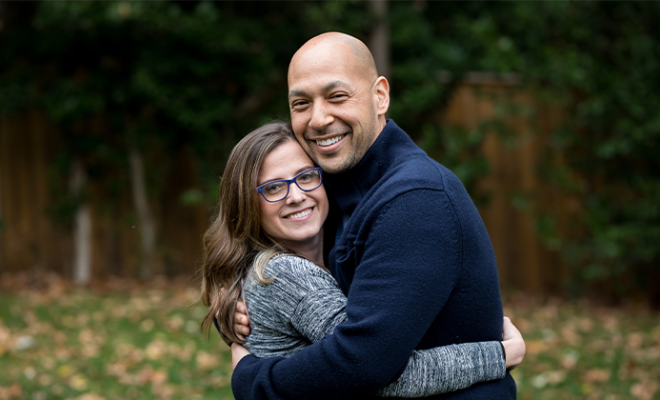Having cystic fibrosis and experiencing quality care as a patient has made me feel confident in my ability to provide quality care for another person. I heard someone say once that CF patients are more sensitive to other people's needs because we're always having to monitor ourselves. And that vigilance can carry over into other parts of life, like when you switch from being the one who needs the care to becoming the one who provides the care.
The caregiver switch happened when my fiancé, now husband, had open heart surgery. It all came about rather suddenly, but we did have time to prepare plans for how he'd be cared for once he came home and was recovering from such an extensive surgery.
Something that I struggled with, and had to accept, was that I wouldn't be able to be the caregiver in the traditional sense.
I couldn't be there for him in the ways he had been there for me so many times before. It was a difficult truth for me to accept.
To deal with this reality, we set a plan in place. Our best friends would be with us in the intensive care unit (ICU) waiting room and one of their jobs was to make sure I took care of myself. Although I am an incredibly compliant patient, when it comes to stressful situations, it is human nature to forget to eat, drink water, or do that mid-afternoon treatment. Our minds are elsewhere, and we need help to stay on top of everything, especially when our own health is at stake.
Once my fiancé was out of the ICU, I had to go home to rest, which is something we agreed upon when we learned of his surgery. Because he would spend four to five more days in the hospital, we spoke with friends in the area, and they happily checked in on him every day. In addition to the ICU group and the daily visitor group, we also had a couple of people from our church who drove him to and from his appointments that were three hours away from home. And once he got home, we also scheduled sitters to stay with him when his brother -- and roommate -- was at work.
Having to prioritize my health, while still having the desire to be available to my fiancé, meant that I had to accept I couldn't do everything.
Surrendering parts of caregiving to others was hard, but it was a decision that had to be made -- not only for my health, but for his health, as well.
Although, I couldn't be the caregiver I wanted so desperately to be, there were things I was able to do. Due to my comfort levels in hospitals and with medical staff, I was able to be his advocate when we weren't familiar with terms, plans, etc. Because of my decades-long history of organizing and timing my own medications to near perfection, I was able to do the same for him. A man who never took medicine before in his adult life beyond an occasional Advil, now had a medicine cabinet filled to the brim with incomprehensible medical terms and overwhelming instructions; but they made sense to me. And although keeping all his medications straight wasn't caregiving in the traditional sense, it was still caregiving.
We have to remember that just like we can't go through the valleys and hills of this illness alone, we can't approach difficult moments in life alone either. To provide care for the ones we love, let's look to our strengths, acknowledge our weaknesses, and ask people to fill in the gaps.
People want to help. We need to be brave enough to ask for that help. And that is how we can be caregivers too.





